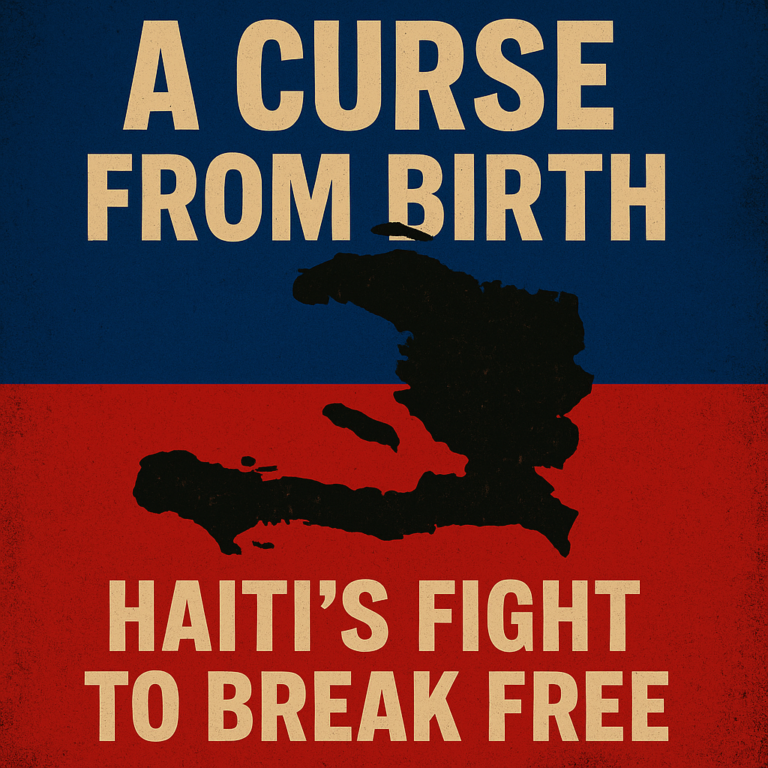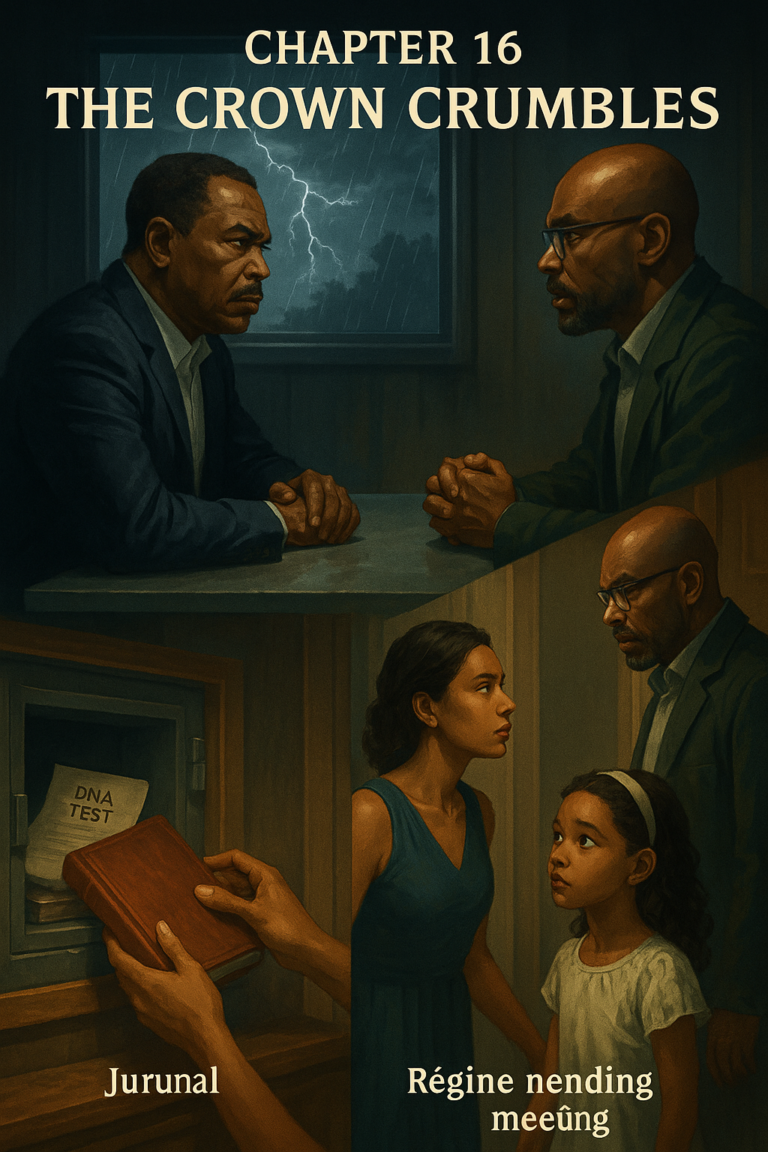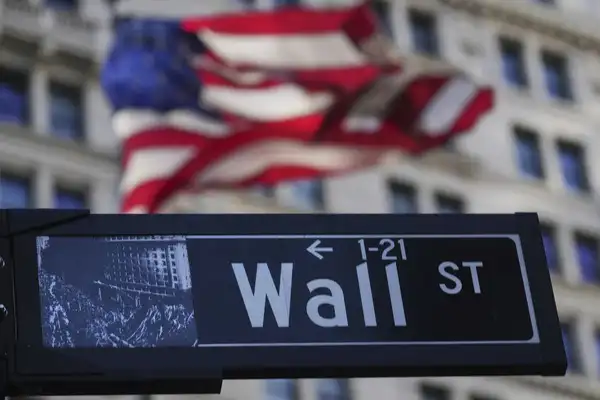In Season 1, Episode 2 of The Figaro Family Secrets / Legacy, titled “Cracks in the Façade,”...
Dimwen
With Dimwen you have access to entertainment through sharing your funny and humorous ideas and activities to have your online video chats with your friends and diaspora counterparts on the far side of the other countries.
On May 18th, Haitians across the globe stand tall beneath a flag that is more than just...
Description: Step inside the golden world of The Figaro Legacy, where power, privilege, and secrets collide behind...
Rain lashed against the glass windows of the Figaro estate, mimicking the storm that now raged within...
From the ashes of slavery, a revolution was born. In 1804, Haiti shattered the unthinkable—it became the...
The echoes of Robert Figaro’s arrest hadn’t even faded before the media frenzy turned Port-au-Prince into a...
On April 9, 2025, U.S. stock markets experienced a significant surge following President Donald Trump’s announcement of...
Alors qu’Haïti sombre davantage dans une crise sécuritaire d’une ampleur historique, les autorités locales sont devenues les...
In a week marked by economic turmoil, U.S. stock markets have experienced significant declines following President Donald...
In a major victory for democracy and judicial independence, Judge Susan Crawford has won the highly contested...












